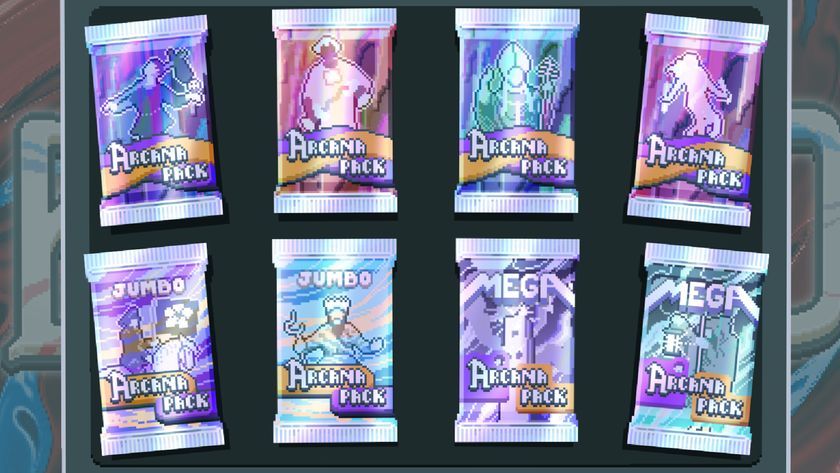Final Fantasy XV: how you make a very new game in a very old series
"If we don't get new fans into the Final Fantasy franchise, it will shrink and shrink as the years go on." For a man saying words like these, game director Hajime Tabata looks remarkably relaxed. Slumped contentedly in a chair amidst the roar of a Gamescom showfloor, he gestures absent-mindedly and, in the fashion of someone explaining they'd dropped a Smartie they were looking forward to, says: "certainly, in recent years, getting new fans is something we haven't done very well; we really haven't achieved that".
As I watch him speak some more, and wait for the translator to follow up, I'm a little bewildered. This is a game that will have taken over a decade to develop by the time it's released. I think he's smiling a little bit. This is a game that changed direction, name and even ended a dynasty - the dynasty - of single-player, turn-based RPGs. He is smiling. And then the response: "To explain how I'm going about trying to get new people into 15, very simply: I'm trying to go back to the roots of Final Fantasy."

This is a series wrapped up in its heyday, those glorious few years of epochal RPGs, which introduced so many players to everything from longform storytelling to the creeping horror of a random battle. But it's a series that also succumbed to its own excesses, manifested most obviously in the bloated, impermeable form of the Fabula Nova Crystalis saga, a storyline that stretched over several games after Final Fantasy 13, abandoning one of the series greatest strengths - there's a new story each time, but it always feels familiar.
Tabata makes a point to frame every answer he gives in a single context, how FF15 - a game that abandoned its own ties to Fabula Nova Crystalis mid-development - will be totally open to new players, but keep old ones invested in what they've come to love. It's those new players he's most interested in: "There's not actually a great deal of people who have been following Final Fantasy all the way from 7 [the first 3D FF game, and its first mainstream hit]", he explains. "They're there, but there aren't that many of them. Really, I feel a big need to make 15 a game you can play and enjoy even if you haven't played any of the other games. That's a big part of what I think the game should be."
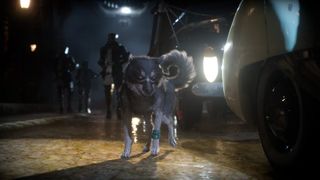
That manifests itself mainly in storytelling. While FF15 includes the motifs of Final Fantasy history - its creatures, spell names and summons - the meat of the experience is brand new both in lore and tone. "Recently," says Tabata, "it's maybe been a bit stylised, very niche, hard to get into. I want to move away from that and get these kinds of universal, unchanging themes that resonate with everyone." In the weighty demo, Episode Duscae, Tabata describes the theme as one of "bromance" - taking unlikely direction from the Apatow school of film, it seems - and in the latest trailer, 'Dawn', it shifts to the drama of a parent-child relationship.
It's all about invoking the basest feelings, the kinds of subjects everyone can empathise with. "We hope that people who don't know Final Fantasy see the image of King Regis," says Tabata of the older man in his trailer, "see the expression and emotion on his face, and say 'Yeah, there's something interesting in there, something I want to see.'"
It's not just about adding new ideas, however, it's about curtailing ones that don't work. "You look at all the elements of Final Fantasy that make up its identity over the generations, and obviously many of those are very useful, meaningful things. But there are some that have been used many times which may be turning off new people. We've really got to go through and ask 'are they necessary?' and be proactive about cutting out the ones that stop people coming into the franchise."
Sign up to the 12DOVE Newsletter
Weekly digests, tales from the communities you love, and more
Most obviously, that seems to have manifested itself in FF15 becoming an action-RPG, something the director puts down to a wish to be rewarded for skilled play, not time put in (as with the grinds of old) - particularly from western gamers. I ask if the addition of Xbox to the mix - traditionally not a platform associated with Final Fantasy, and really only popular in the west - has provided a challenge in how to think about game design. His answer is simple: "Unless we really do these new kinds of ideas, we're not going to get new players on any platform."
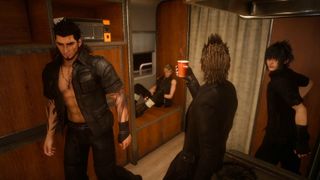
In fact, much of Tabata's discussion seems to come from a place of wanting to engage the west, or even emulate how it does things. "In a way, the old style of development - where you don't show your game to anyone and you develop for four or five years, all in-house - that's not a very modern way of doing it. You look at western studios today and they're getting feedback, getting people to play the game at every stage of development - it's such a normal thing to them. I'm thinking that, yeah, in terms of what's modern and what works, you really have to look at that."
Since his full takeover of the project, FF15's become a very open development, with Tabata taking a particular interest in fan feedback - to the point where he pauses the interview to ask me how I would have cut a trailer for the game (incidentally, giving me a perilously clear view of what it's like on the other side of the table; within seconds, I'm throwing out meaningless waffle about gamefeel to cover the fact I don't really have an answer. I'm a natural!). So what is it that makes Tabata brave enough to tinker with such an embedded formula in search of new-found interest? Essentially, he's not close enough to it. The director had only previously been associated with spin-off projects, something that seems to have made him happy to treat this (much bigger) game similarly:

"For good or for bad, we have to have that 'XV' on the logo. It has a lot of history behind it, which is both an advantage and a disadvantage. In some ways, it's very easy for me to go back to the series' roots, because I only joined Final Fantasy from working on 15, so I don't really know what went before. My image of what the Final Fantasy numbered games should be is that they should have the top technology available, and use that to make the absolute best game experience. It's a very simple concept. That's how I view Final Fantasy."
I ask if, given a chance to make a sixteenth game in the series, he'd rewrite all the rules again. He smiles: "I think I'd definitely want to experiment and do something better. I'd really want to use everything I'd learned on 15 and take it one stage further, and go find something even better. But if I don't succeed, I don't think I'll be doing anything." He laughs. I think I'm more nervous for him than he is.
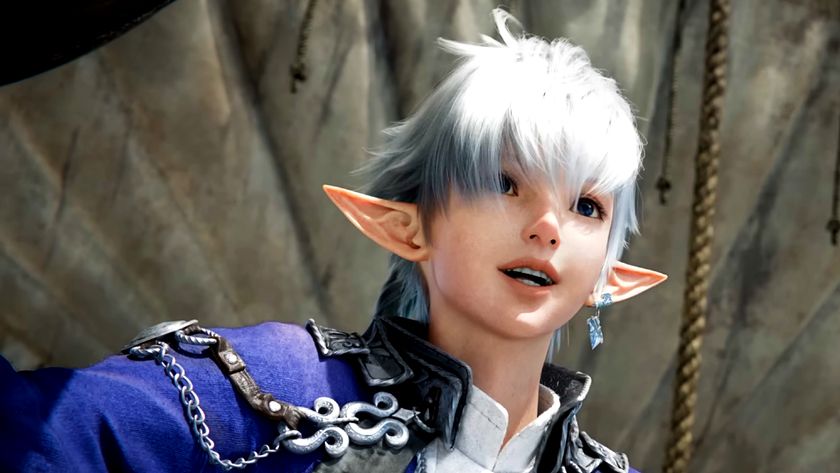
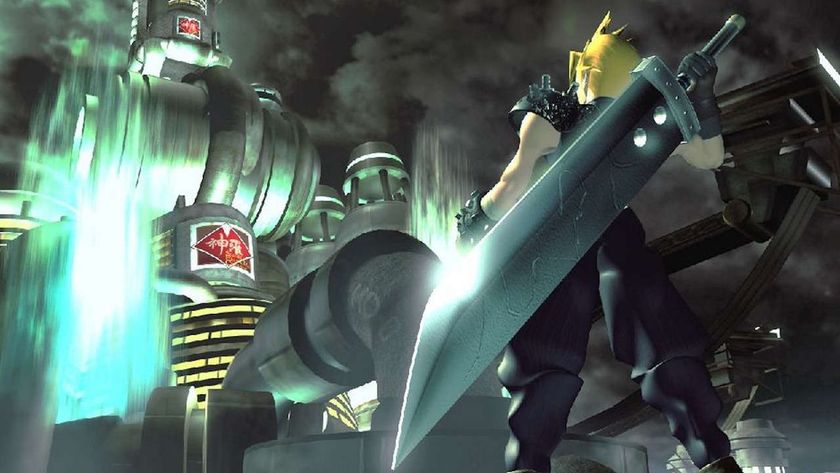
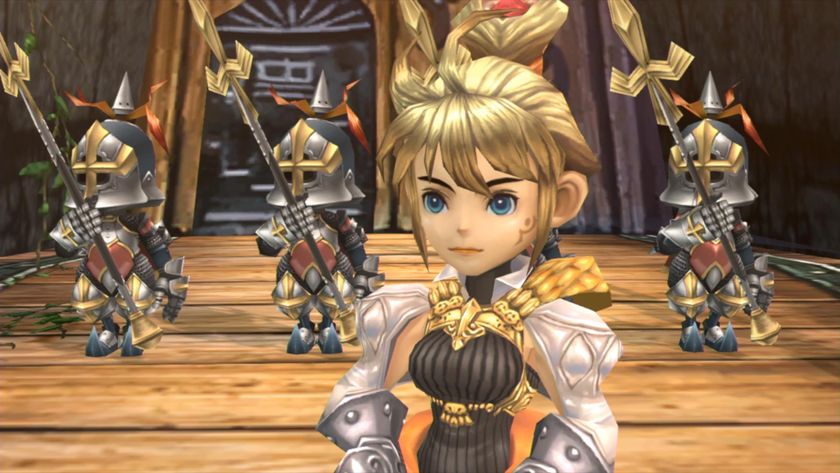
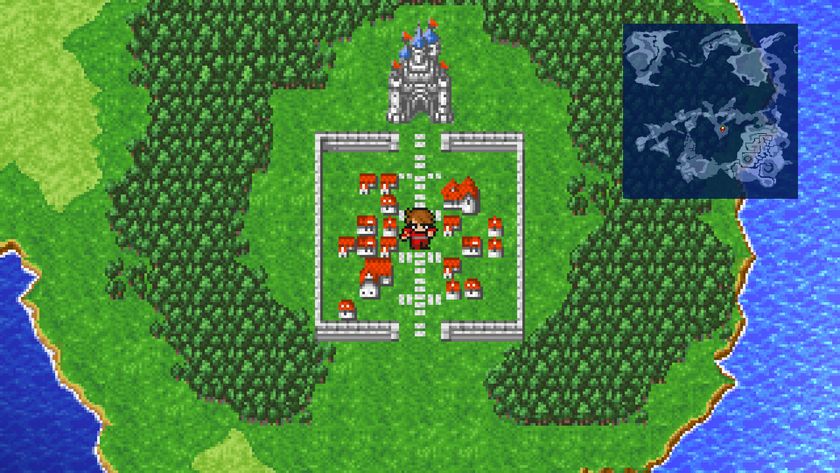
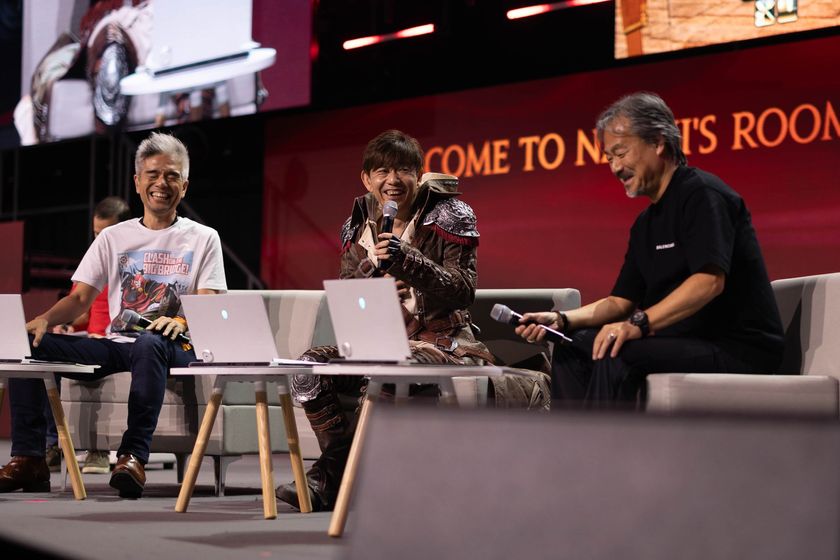
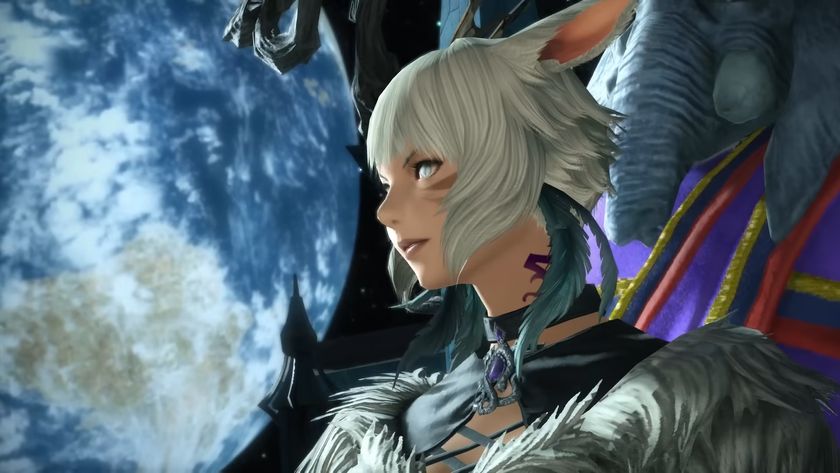

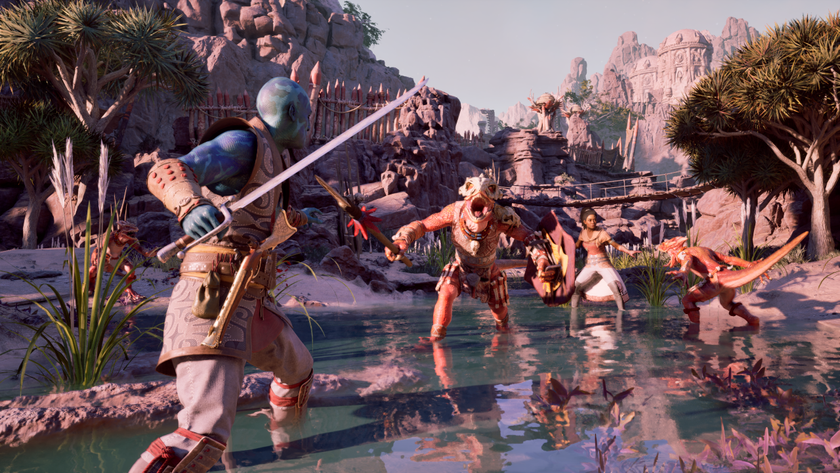

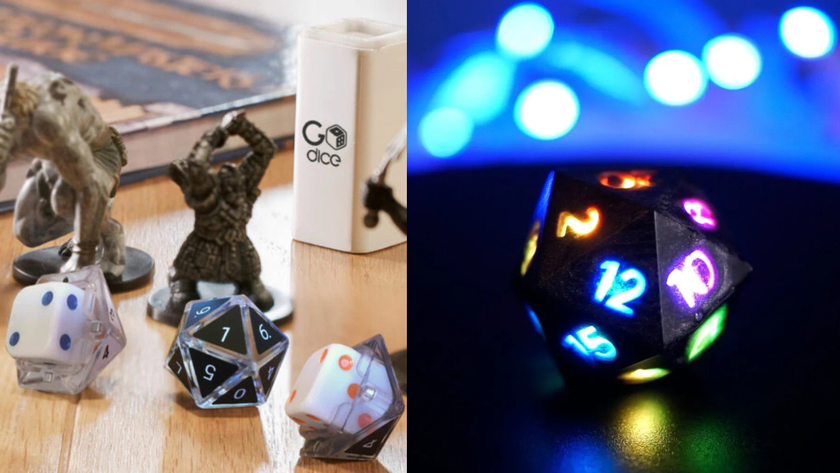
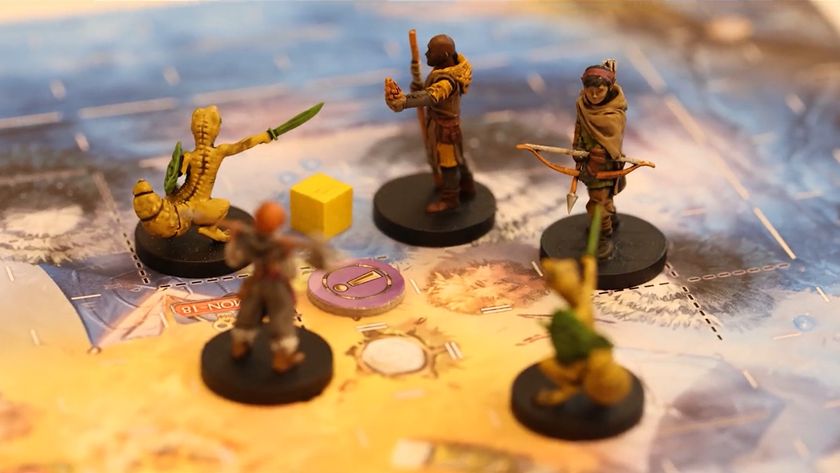


Final Fantasy 14's funniest speedrunning beef continues as runner who lost a world record to its original champ in just 1 day returns, beats record, is promptly dethroned again

Sony finally managed to pry Final Fantasy 7 away from Nintendo thanks to a "schmoozer" of a former employee who hung out with Square Enix executives at his parties, according to one former PlayStation boss

